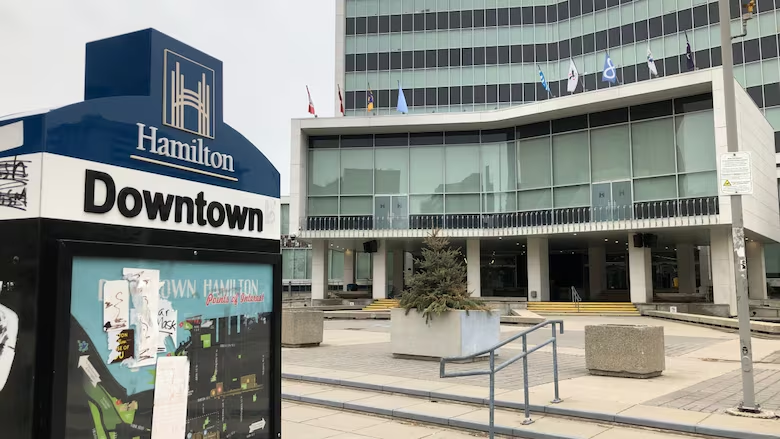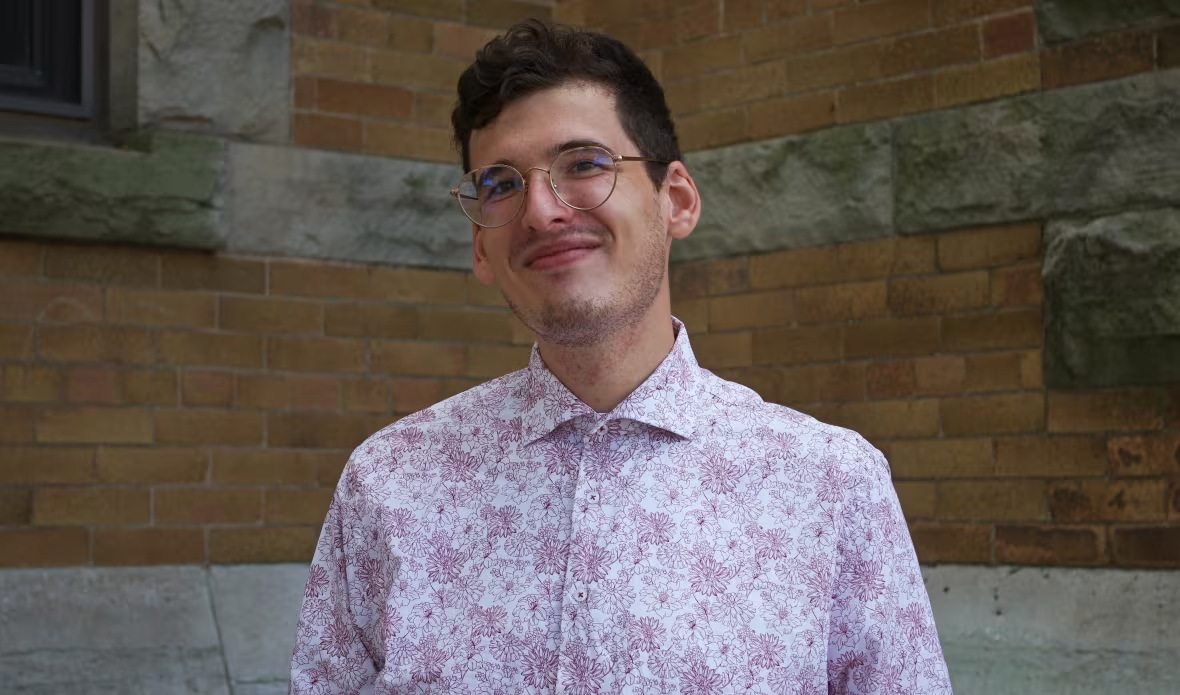Council's living-wage supporters hopeful summer student workers will get a raise
Council did not support a living wage for students in February, but a smaller raise could be on the table

A motion to give City of Hamilton summer students a living wage died last month on a split vote – but after a recent report with a cheaper compromise, some councillors are hopeful many of those workers could still see a raise during the city's budget process later this month.
Dundas Coun. Alex Wilson (Ward 13) said they think it's possible fellow councillors unwilling to spend nearly $800,000 to bring all summer students up to the living wage will be more amenable to a new proposal to give a smaller raise to those earning the least.
The idea, contained in an information report submitted by the city's executive director of human resources to council last week, would see unionized summer students' pay grow from the 2023 budgeted wage of $16.40 to $17.20 per hour. It'll cost the city $214,500.
Wilson said some councillors thought adding $800,000 to the budget was "too far, too fast."
Wilson said it's likely council will revisit the issue on the final day of budget proceedings on March 29, where the city is poised to approve a 6.7 per cent budget increase.
Ward 3 Coun. Nrinder Nann also told CBC Hamilton she would "certainly" support a raise proposal on budget day.
"Incremental progress is better than no progress," said Nann, who has long been a vocal living-wage advocate.
The city is currently accepting applications for student summer jobs, until March 31.
Living wage for Hamilton jumped nearly $2 last year
In Hamilton, the living wage is $19.05 per hour – a figure the Ontario Living Wage Network (OLWN) and its local partners raised by nearly two dollars last fall to reflect the increased cost of living.
OLWN says a living wage is the minimum amount workers need to make ends meet and participate in their communities.
It varies by municipality and doesn't account for savings, retirement planning or debt repayments, notes a Feb. 7 city report.
That day, at council's general issues committee, Wilson proposed a motion to give students a living wage and have staff try to get the city certified as a living wage employer as defined by OLWN.
That motion failed on an 8-8 tie.

Council members who supported the motion: Tammy Hwang (Ward 4), John-Paul Danko (Ward 8), Alex Wilson, Nann, Craig Cassar (Ward 12), Mayor Andrea Horwath, Maureen Wilson (Ward 1) and Cameron Kroetsch (Ward 2).
Councillors opposed: Ted McMeekin (Ward 15), Mike Spadafora (Ward 14), Esther Pauls (Ward 7), Tom Jackson (Ward 6), Matt Francis (Ward 5), Brad Clark (Ward 9), Mark Tadeson (Ward 11) and Jeff Beattie (Ward 10).
Better pay helps students graduate: Student union
All City of Hamilton full-time workers and most part-time workers receive a living wage.
Last week, councillors unanimously approved raising wages for crossing guards and several groups of non-union part-time casual employees to match the new living wage, effective on July 1.
Workers in higher salary bands will also get a raise of the same percentage increase "to maintain internal equity," says the staff report, which didn't recommend a raise for students.
That leaves students as the only city workers who don't earn a living wage – which makes no sense to Hamilton and District Labour Council president Anthony Marco.
He said students typically do the same work as other city workers and have tighter budgets, considering tuition costs and school schedules that complicate working full-time all year.
"This is about bringing wages up and not devaluing someone's work just because we say they are students or a younger age," Marco told CBC Hamilton in February, adding when large employers raise wages, other local employers are often forced to follow suit to retain workers.
He said the city's current council seems to better understand the cost of living pressure young workers are facing compared to past councillors. He added students tend to go into debt trying to graduate.
Simranjeet Singh, president of the McMaster Students Union, and Elizabeth Wong, the organization's vice-president of education, told council in a letter last month that financial struggles are leading to mental and physical health challenges for students.
"Previous councillors have repeatedly told students of Hamilton's three post-secondary institutions that the retention of graduates… was a priority for the city," they wrote.
"Those words seem hollow when… students continue to be the lowest paid full-time staff, and therefore have the hardest time living in the city year-round.
If Hamilton truly wants to prioritize graduate retention, it should facilitate a wage structure that demonstrates fairness and equality amongst full-time employees."
With files from Aura Carreño Rosas